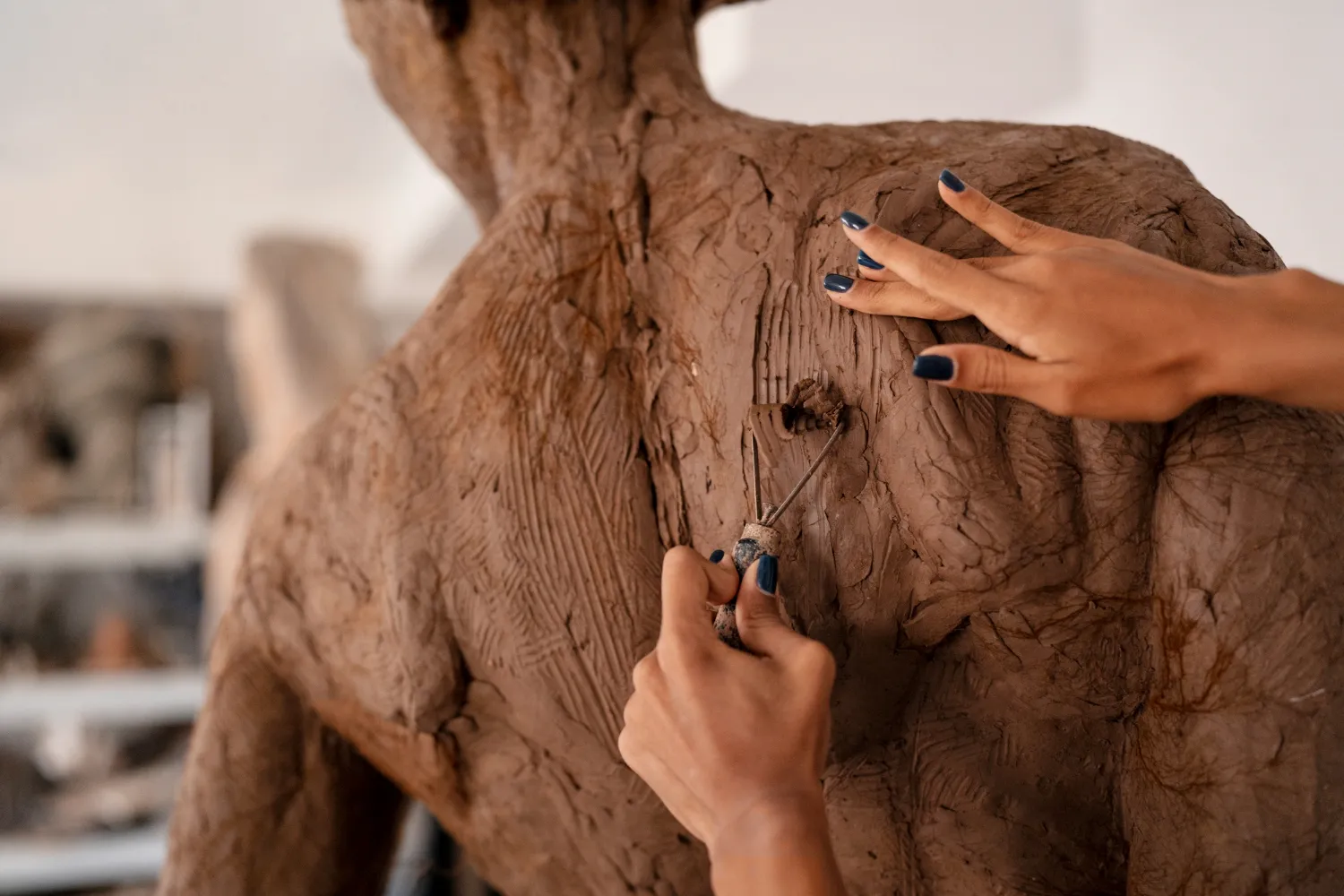Good and Bad People Do Bad Things, but Still Aim to Get Well

“Good people, like anyone, can make mistakes, but great people have the courage to change.”
Society often sees people in recovery as “bad people” trying to become “good” again, but this view misses the truth. Recovery isn’t about fixing flaws; it’s about good people—those who lost their way—bravely seeking a fresh start. The misconception that people in recovery are “less than” because of past mistakes is deeply damaging. In reality, addiction and mental health challenges don’t make someone inherently “bad”; they reveal the depth of human vulnerability.
“Recovery is not for people who need it, it’s for people who want it.”
Personal Reflections
Rehab was not just a place to “get fixed.” It was where I found some of the bravest people I’ve ever met. These were individuals who left behind their families, careers, and lives for 90–104 days, sitting down every day with psychologists, psychiatrists, and addiction specialists. These professionals helped us dig deeply into our fears, traumas, and dreams, which was not easy.
The 12-step program added another layer of healing. Each step encourages honesty, self-forgiveness, and accountability. It’s not a quick fix but a lifelong guide for how to live with integrity, gratitude, and mindfulness. Learning to apply the 12 steps was like building a compass that points toward a life worth living—one where we can give back, forgive, and let go of people, places, and things that no longer serve us.
Statistics on Recovery
This is a global struggle: more than 35 million people worldwide face addiction, yet only a fraction receive help. In Africa, these challenges are amplified by limited mental health resources and stigma. Support systems like community programs and the 12-step model can make a critical difference.
Call to Action
1. Listen with Empathy—Acknowledge others’ stories without judgment.
2. Judge Less, Support More—Recognize the courage in those seeking change.
3. Link People to Resources—Connect those in need with professionals, support groups, and programs.
Conclusion
Recovery is a process of reclaiming one’s life and dignity. By listening, understanding, and linking others to support, we can play a role in their journey—and perhaps in our own.









